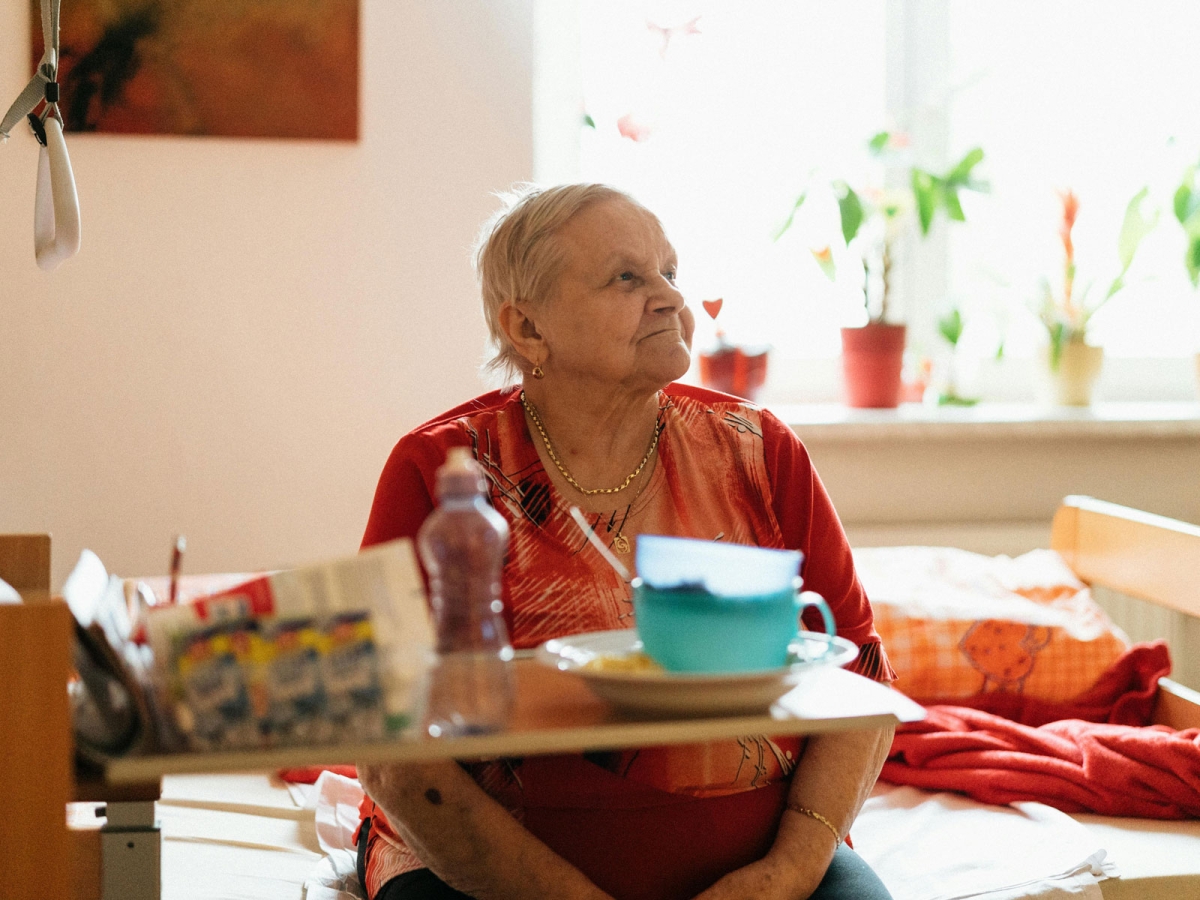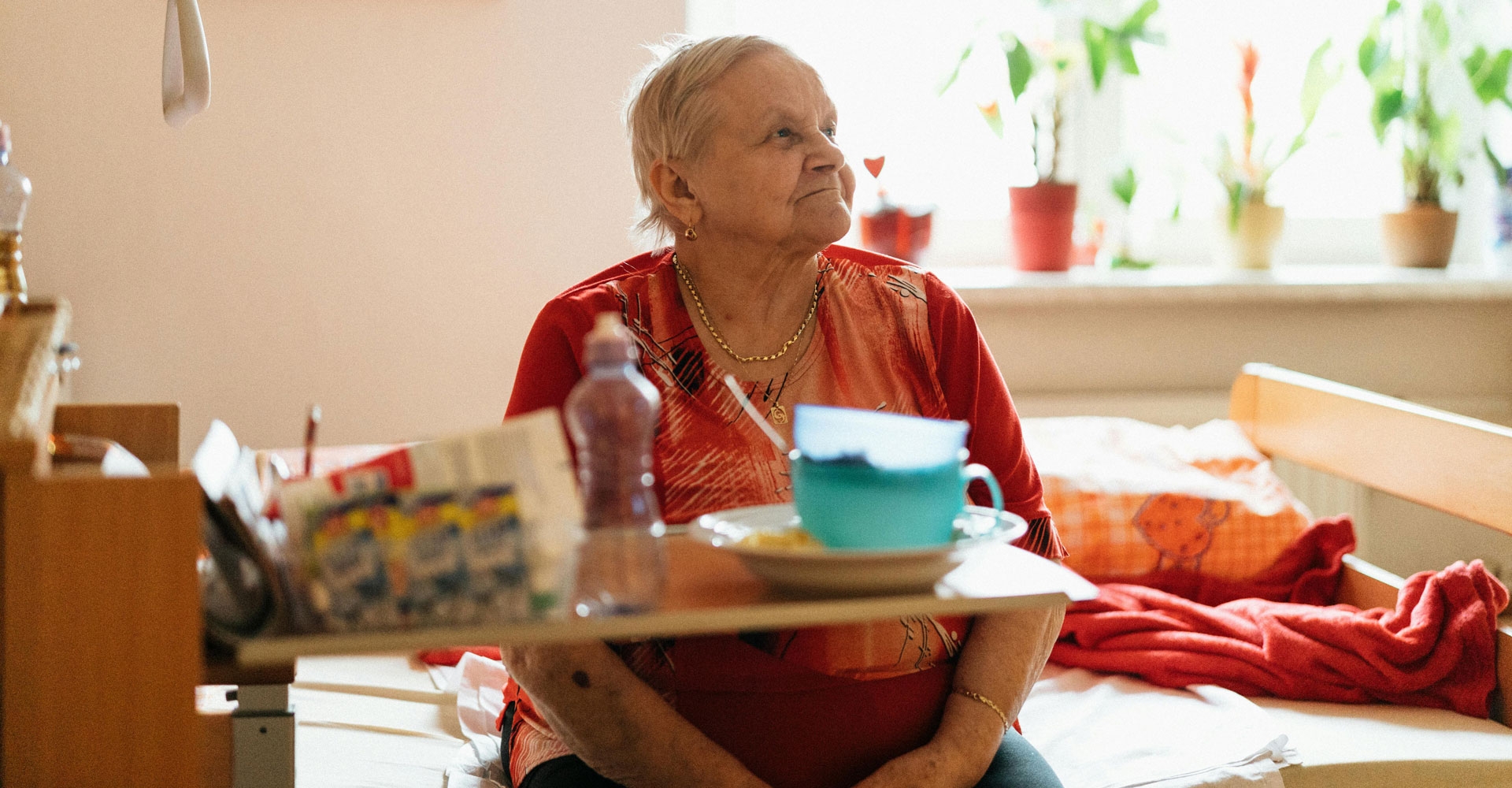
How Becoming a Dementia Friend Helps Me Support Clients with Dementia
Dementia Friends, an Alzheimer’s Society Initiative
As a solicitor, and now dementia friend, specialising in NHS Continuing Healthcare claims and appeals, I work closely with individuals and their families to navigate complex and often emotional situations. Many of which involve supporting a loved one with dementia.
In this role, having not only legal expertise but also empathy and understanding of the condition itself is vital. That’s why I chose to become a Dementia Friend. Dementia Friends is an initiative by the Alzheimer’s Society that’s all about transforming the way people think, act, and talk about dementia.
To discuss NHS CHC & dementia call 0113 320 5000
What is “Dementia Friends”?
Dementia Friends is a social action movement run by the Alzheimer’s Society that aims to educate the public on what it’s like to live with dementia. It’s not about becoming an expert or a caregiver, but rather about gaining a deeper awareness of the condition and the small ways we can all help.

The programme offers short, engaging information sessions, either in person or online led by trained Dementia Friends Champions. These sessions cover the different types of dementia, how it affects people in different ways, and how seemingly small actions can make a meaningful difference. Such as being patient in a conversation or helping someone stay oriented in unfamiliar settings.
Why I Became a Dementia Friend
In my work with NHS Continuing Healthcare (CHC) cases, I frequently support clients whose eligibility for NHS funding depends on a complex assessment of their health and social care needs. A large proportion of the people I help are living with severe dementia. Over the years, I have gained extremely valuable insight into the varied ways dementia may present. This includes the ways in which people with severe dementia are supported, and the impact this has on the individual and their families.
I became a Dementia Friend because I wanted to do more than just understand the legality of NHS Continuing Healthcare in the context of dementia. I wanted to better understand the people behind the paperwork, and what these people have been through during their journey.
How Being a Dementia Friend Helps Me as a Solicitor
Becoming a Dementia Friend has changed the way I approach my work in a few key ways:
1. Improved Communication
People living with dementia may struggle with memory, communication, or processing information. I’ve learned how to adjust my pace, simplify legal jargon, and be more mindful of body language and tone of voice. This is especially helpful during meetings or calls.
2. Greater Empathy
My work often sees me examining the needs of people with dementia in the most advanced stages. The Dementia Friends programme has helped me better understand the lived experience of dementia. As the name for a group of illnesses which affect the brain, it affects everybody differently. Knowing the emotional and psychological impact the condition has on both the individual and their family makes me more attuned to their needs. It also means that I’m more composed when complex legal issues arise.
3. Tailored Legal Advice
Understanding the progression of dementia helps me provide more proactive and realistic legal advice. For example, I can better anticipate future care needs, and having a sense of how a condition may change or progress enables me to be strategic in the advice I give. I can frame my advice on eligibility for Continuing Healthcare in a way that takes account of the nuances of the condition.
4. Advocating with Compassion
When representing a client in a CHC funding assessment or appeal meeting, I am better equipped to advocate from a place of compassion and understanding. I can speak more effectively to the real-life implications of policy decisions on those living with dementia.
Small Actions, Big Difference
One of the core messages of Dementia Friends is that small actions can make a big difference. In my professional world, that might mean creating a more dementia-friendly office environment, encouraging colleagues to also become Dementia Friends, or simply taking a little extra time with a client who needs it.
It’s a reminder that legal support isn’t just about documents and deadlines - it’s about people, dignity, and respect.
If you’re in a role that involves supporting individuals with dementia, whether personally or professionally, I wholeheartedly encourage you to become a Dementia Friend, if you aren’t one already. It’s a small step that could make a world of difference. Below is a link you can click on to join.
How Can We Help?
We have a dedicated NHS Continuing Healthcare Funding expert who understands the complexity of securing or reclaiming care home fees. If you have questions about a loved one with dementia, or you want to discuss dementia friends further, give us a call.
Call us on 0113 320 5000, or email @email to discuss how we can support you.

